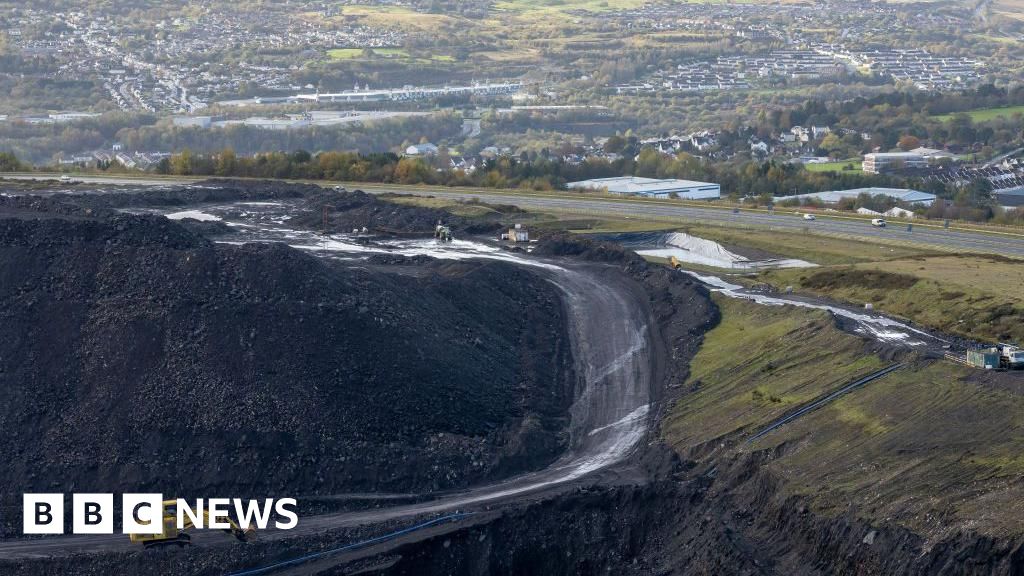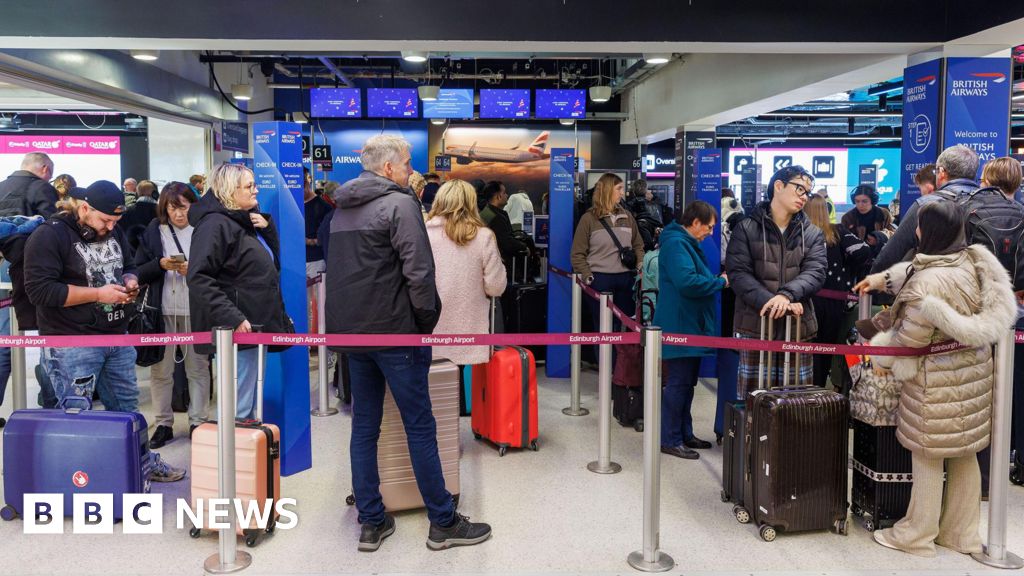Social media is a problem, Keir, but so is life for too many in Britain. I’d deal with that first | Marina Hyde
- Politics
- August 9, 2024
- No Comment
- 142
Is Keir Starmer eyeing Elon Musk as a useful villain for his season one? If so, I can’t help feeling the prime minister’s chances of getting a season two will diminish. “Let me also say to large social-media companies and those who run them,” Starmer intoned this week, “violent disorder clearly whipped up online: that is also a crime. It’s happening on your premises, and the law must be upheld everywhere.”
Something big happened in the UK over the past fortnight, even if aspects of precisely what remain unclear. But we know the thing that happened doesn’t happen in countries that are functioning well, or that are – how to put this? – fit for purpose. It feels a mixture of inadequate and tangential, then, to be hearing various senior political figures indicate that the thing that isn’t fit for purpose is … the Online Safety Act. “I think very swiftly the government has realised there needs to be amendments to the Online Safety Act,” London mayor Sadiq Khan says. “I think it’s not fit for purpose.”
Since arriving in this industry back in the late Triassic period, one of fewer than three professional opinions I’ve come to hold is that journalists covering something mostly as a media story is mostly because they don’t quite know what to do with the real story, or perhaps even what the real story is. (And no doubt I’ve done it plenty of times myself.) In keeping with technological advances, journalists covering something mostly as a social-media story indicates the same.
But politicians doing something similar is of a different order of magnitude, albeit one with a tradition stretching back to when tweets were wax tablets. Plato – a true poster – called the type of myth the elite propagated to maintain social harmony a “noble lie”. Nightmares have power, and leaders currently seem to be coalescing around the notion of X (formerly Twitter) as a sort of rogue state. The technology secretary, Peter Kyle, has declared relations with some social-media companies to be “much more akin to the negotiations with fellow secretaries of state in other countries”.
I note that newly returned Venezuelan president Nicolás Maduro has just broken off diplomatic relations with Musk, and is currently blocking access to X in his country for 10 days for “inciting hatred”. Hmm. Is Musk really the main problem with the Venezuelan election? Or is it, perhaps, something deeper? X has been banned in China, Russia, North Korea, Iran, Myanmar, Pakistan, Uzbekistan and Turkmenistan. Which is something for the good guys calling for it to be banned in the UK to consider.
Another inconvenient reality is that organising for real-world violence tends to happen on apps such as Telegram. Speaking to Politico, one UK government official asked, apparently rhetorically: “What are we meant to do about an app headquartered in Dubai and used by the Russians for disinformation?”
How about: address ever-increasing wealth inequality? If that seems a weird answer, then maybe the wrong questions are being asked. Britain has just witnessed the worst far-right street violence since the 1970s. As the FT reports, seven out of 10 of the most deprived areas in the UK saw riots this past fortnight. Placing asylum hotels in these areas was the decision of the previous Conservative government. Who has this profited – other than the private companies that have raked in huge sums?
It’s not clear at all that the unrest is over, or whether further flare-ups are in the post. But they likely will be if people treat this as a social-media story. Nor does it bode too well to find the chancellor forever sounding like her predecessors. “When household budgets are stretched, families have to make difficult choices,” Rachel Reeves explained recently. “And government needs to do the same.” And yet, it’s just possible that the answer to entrenched problems is not continuity solutions.
Meanwhile, it must be said that Musk – X’s King Lear – could really use a villain too. Elon increasingly comes off as yet another twattish media figure whining that X isn’t as good as it used to be. Hilariously, having less than a year ago told advertisers to “go fuck yourself” if they didn’t want to advertise on his platform, Musk this week started suing those same companies for not advertising on his platform. “Now it is war,” he thundered. In which case, I hope he likes losing. As the entrepreneur and professor Scott Galloway recently remarked: “No company with over $1bn in revenue has ever lost 60% of its revenues in a 12-month period, in a non-war period. I don’t think that’s ever happened. Twitter is literally the worst-performing business in history since a change in ownership.”
Poignantly, it might be different had Musk persuaded just a single user to return to the platform. Yet despite presumably the most ardent backchannel approaches, Donald Trump has not done so, remaining in comparative seclusion on his Truth Social platform, with analysts predicting it will make him billions in the event of a win in November. For my money, Musk now feels he has to go online as understudy. Witness how painfully hard and frequently he has tried to push the line that “civil war” in the UK is inevitable. Witness the very Trumpian nickname he pushed out this week – “two-tier Keir”.
Ultimately, Musk is a crisis-hit businessman in need of an enemy. If he has alighted on the prime minister of a declining medium-sized country, then that perhaps tells its own story. But it would tell a much, much more depressing story about this country’s prospects for real improvement if our leadership found it convenient to return the favour.
#Social #media #problem #Keir #life #Britain #deal #Marina #Hyde









